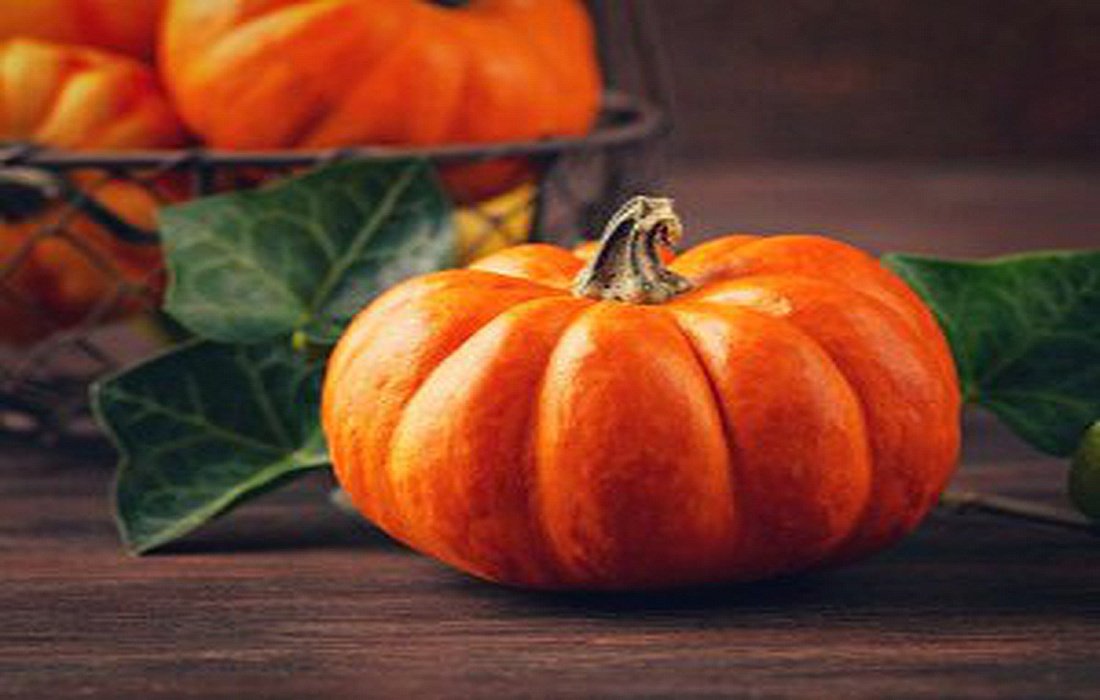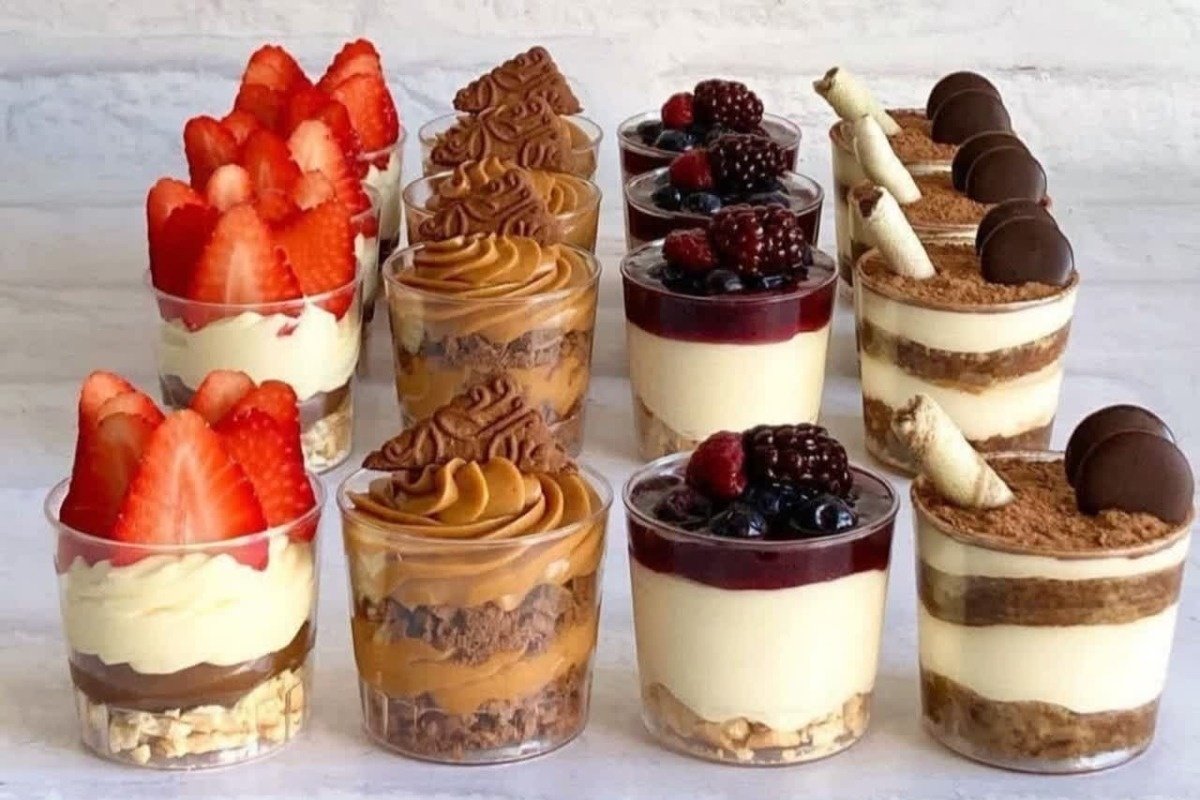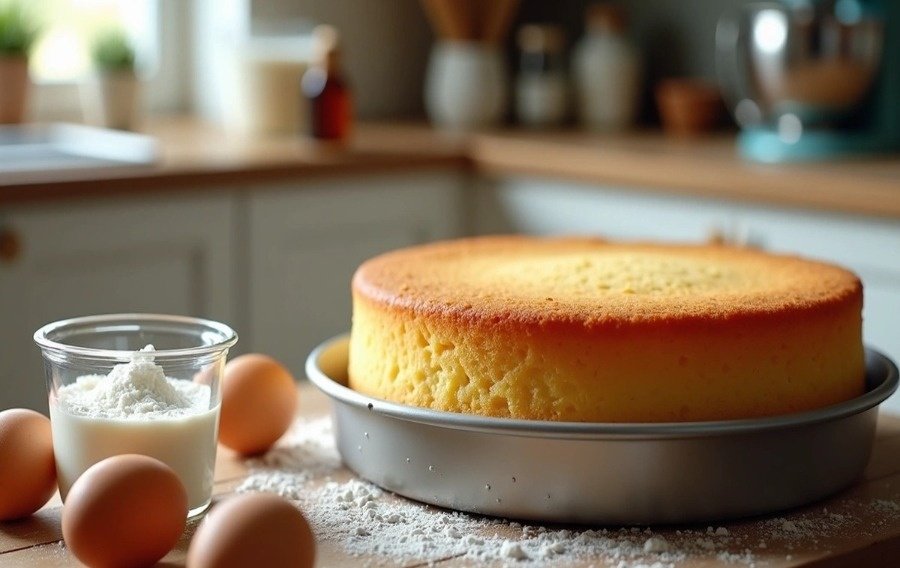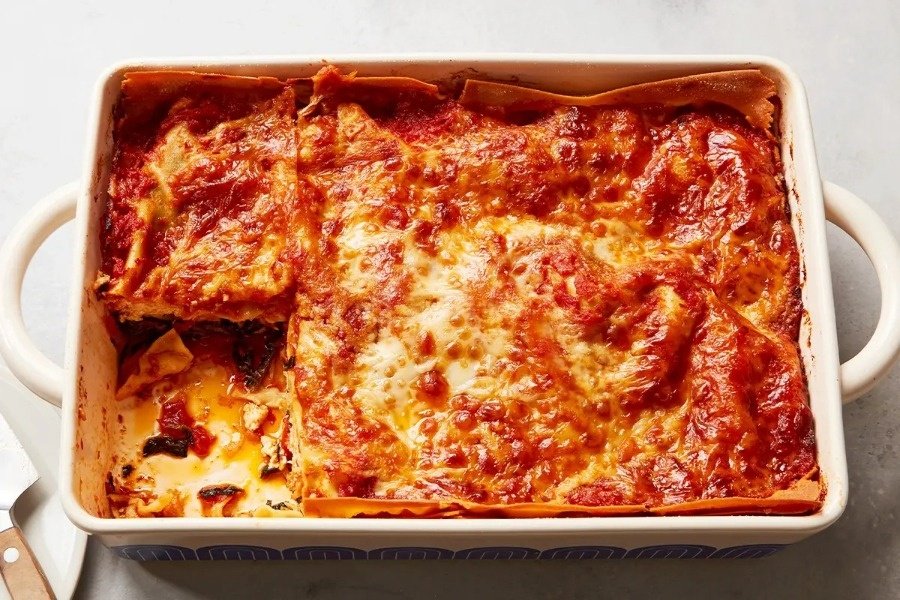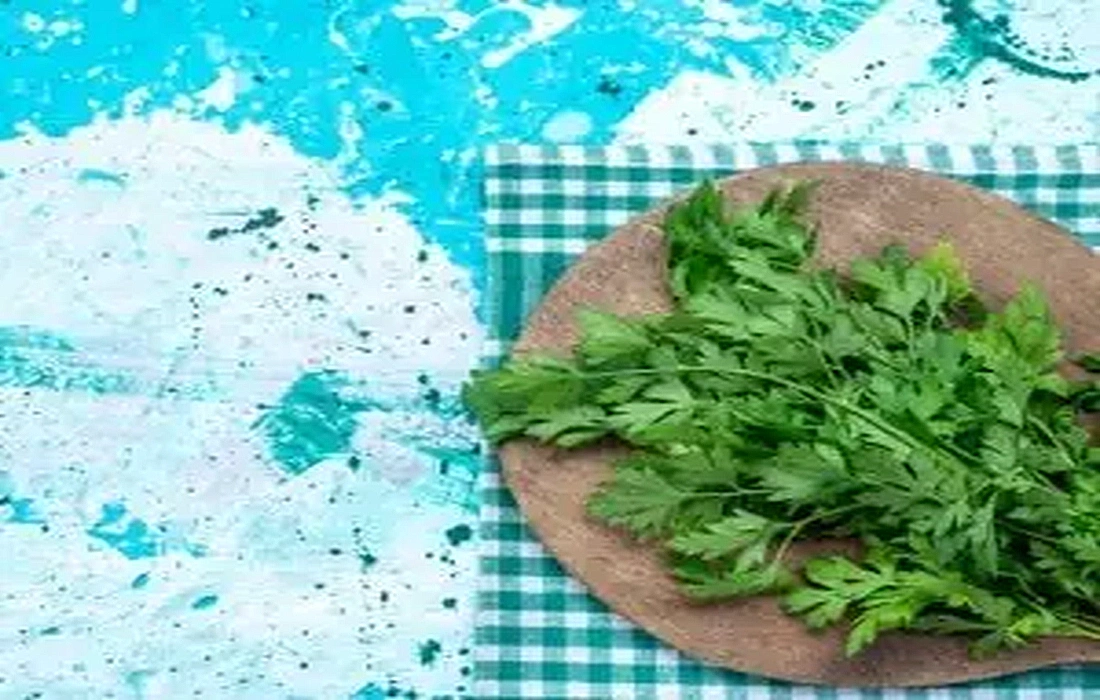Amazing properties and benefitsPumpkinorwinter squashfor skin, hair, and body health
Pumpkin is a winter fruit believed to originate from North America. A typical pumpkin weighs between 4 to 8 kilograms, while the largest varieties can weigh up to 34 kilograms. After cooking, pumpkin has a mild color and sweetness. An interesting fact about pumpkins is that they are monoecious plants, meaning each plant has both male and female flowers. The female flower can be identified by the small ovaries at the end of the petals. Pumpkin has excellent antioxidant properties that prevent…coldsand flu, but this is not the only property we will discuss in this health sectionSelMagzwe will address.
Pumpkin propertiesor winter squash
Benefits of pumpkin for skin:
The benefits of pumpkin apply to all skin types, especially damaged or sensitive skin. In this section of SelMagz, we first present the properties and benefits of pumpkin for the skin.
1. Pumpkin for oily skin treatment:
If you have oily skin, you can try a face pack by mixing 1 tablespoon of pumpkin with a teaspoon ofapple cider vinegar. Apply this mixture on wet skin and wait for 30 minutes until it dries. First, rinse withwarm waterand then wash with cold water. Afterward, you can use a suitable moisturizer for your skin type.
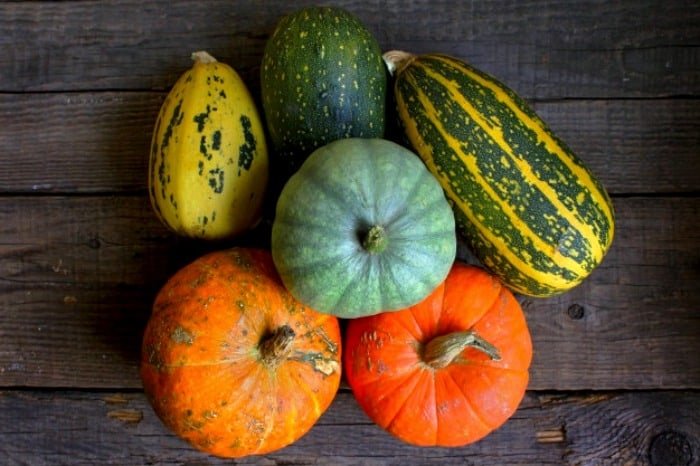
The remarkable properties and benefits of pumpkin
2. Pumpkin for treating dry skin:
For dry skin, mix two teaspoons of cooked pumpkin, half a teaspoon of honey, a quarter teaspoon of milk, and a quarter teaspoon of thick cream. Apply this mixture evenly on your face, avoiding the eye area, and leave it for 10 to 15 minutes. This mask provides shine, nourishment, and covers your skin issues. Rinse with warm water and use a moisturizer suitable for your skin.
3. Anti-aging benefits of pumpkin:
Pumpkin is a good source ofVitamin C
4. Treating dark spots with pumpkin:
To fade dark spots, mix 1 tablespoon of pumpkin, a teaspoon of honey, a teaspoon of lemon, and a teaspoon ofvitamin E oil
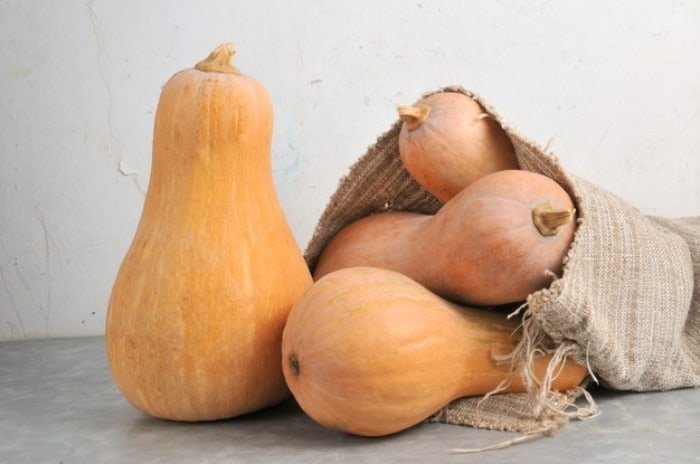
Pumpkin for treating dark spots
5. Body mask:
You can prepare a new body mask by mixing half a cup of cooked pumpkin, half a cup ofcoconutand half a teaspoon ofcinnamon. Apply this mixture on your body and gentlymassageit. Let this mask sit for about 10 minutes and then rinse with warm water.
6. Pumpkin for acne treatment:
Pumpkin is a good source of B vitamins such as niacin, riboflavin, B6, and folic acid. Niacin improves blood circulation, making it effective in treatingacne
Benefits of pumpkin for hair:
In addition to its skin care benefits, pumpkin has many nutritional benefits for hair as well. As we all know, the hair follicles require ample nutrients for optimal growth and health.
Pumpkin is beneficial for your hair in the following ways.
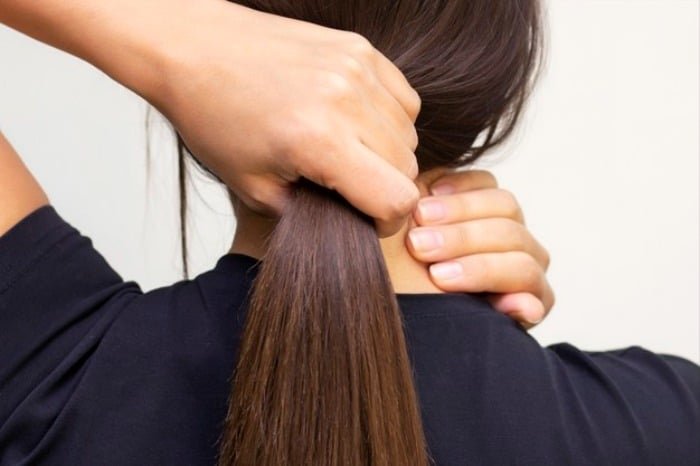
What benefits does pumpkin have for hair?
7. Pumpkin for increasinghair growth:
Pumpkin is a rich source of minerals, including potassium and zinc.Potassiumhelps maintain healthy hair and enhances regrowth. Zinc helps maintain collagen and thus plays an important role in promoting healthy hair. It contains folate, an important B vitamin that stimulates hair growth by improving blood circulation.
8. Pumpkin is a great moisturizer for dry hair:
If you have dry hair, you can prepare a simple hair conditioner using pumpkin. You will need two cups of chopped and cooked pumpkin, a tablespoon of coconut oil, a tablespoon ofhoneyand a tablespoon of yogurt. Blend the pumpkin andyogurt
Health benefits of pumpkin:
This bright and vibrant pumpkin is packed with nutrients, making it extremely valuable from a health standpoint. It is also a good source ofVitamin A, Vitamin C, and rich in antioxidants like xanthins, carotenoids, and luteins. It also contains good amounts of B vitamins, folate, niacin, pyridoxine, pantothenic acid, and thiamin. It is rich in minerals such as iron, copper, potassium, calcium, and phosphorus. The health benefits of pumpkin include:
9. Pumpkin is low in calories:
Pumpkin is very low in calories. 100 grams of pumpkin provides only 26 calories. Most people recommend pumpkin in theirweight lossprograms.
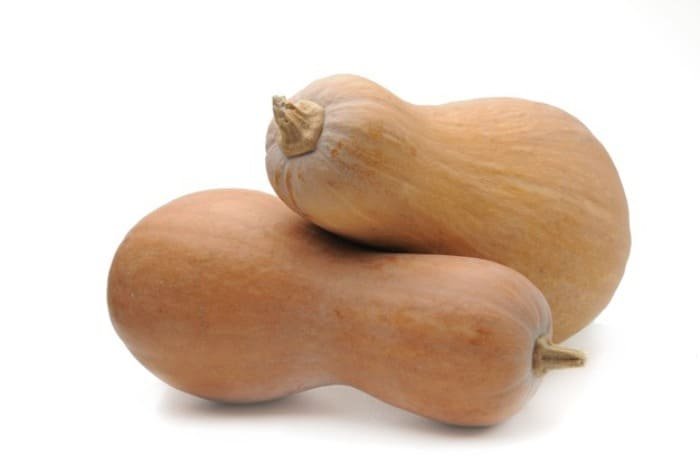
Low-calorie pumpkin
10. Pumpkin is a rich source of beta-carotene:
The bright orange color of pumpkin indicates that it is a rich source of beta-carotene. People with a diet rich in beta-carotene are less likely to develop cancer. Beta-sitosterol and carotenoids present in pumpkin reduce the risk oflung cancerin smokers.
11. Pumpkin helps reduce asthma attacks:
The antioxidant properties of pumpkin protect the respiratory system and infections, which can help reduce asthma attacks.
12. Pumpkin is a rich source of potassium:
Potassium is an essential mineral for the proper functioning of the heart and muscles. A serving of pumpkin contains about 550 grams of potassium, making it one of the largest sources of potassium. You can add pumpkin to your snack or meal to increase your potassium intake.
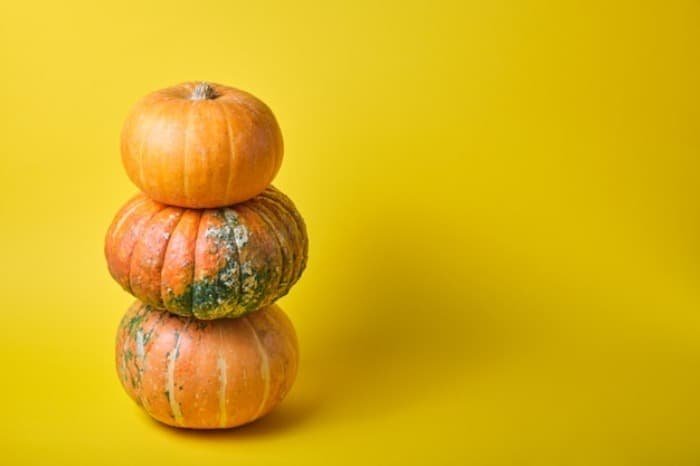
Potassium in pumpkin
13.Pumpkin reduces the risk of heart disease:
Pumpkin helps eliminate arterial blockages and reduce the risk of heart disease and stroke. The large amount of antioxidants in pumpkin also prevents atherosclerosis (hardening of arteries). It minimizes the risk ofhigh blood pressureby maintaining healthy cholesterol levels.
15. Pumpkin helps preventstomach ulcers:
It is a natural diuretic that helps eliminate toxins and waste from the body. The medicinal properties of pumpkin soothe the digestive tract and help prevent stomach ulcers.
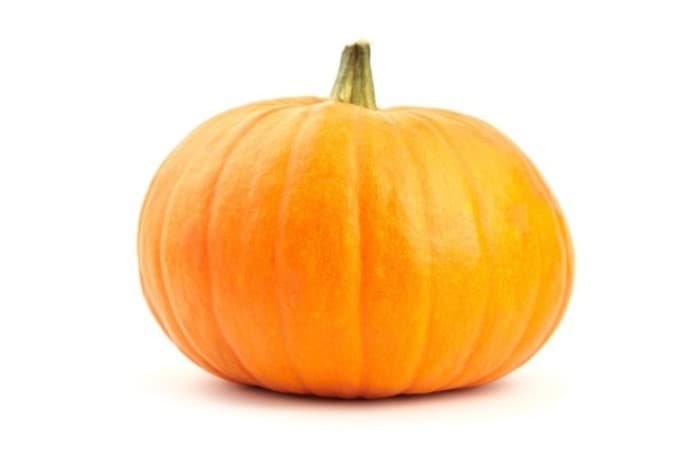
Preventing stomach ulcers with pumpkin
16. Pumpkin is a rich source of fiber:
Pumpkin is a rich source of fiber. One cup of cooked pumpkin contains 3 grams of fiber, which is about 11% of your daily requirement. This aids digestion and preventsconstipationand keeps your stomach feeling full for a longer time.
17. Pumpkin (winter squash) reducesstressanddepression:
18. Pumpkin is a rich source of Vitamin A:
Pumpkin is an excellent source of Vitamin A. Thisnutrient
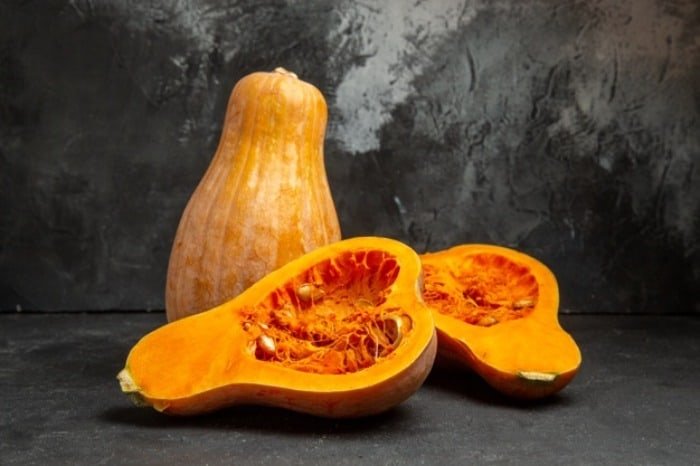
Pumpkin is a rich source of Vitamin A
19. Regular pumpkin consumption may help prevent inflammatory diseases:
Regular consumption of pumpkin also reduces the risk of inflammatory diseases such as arthritis.
20. Pumpkin protects againstprostate cancer:
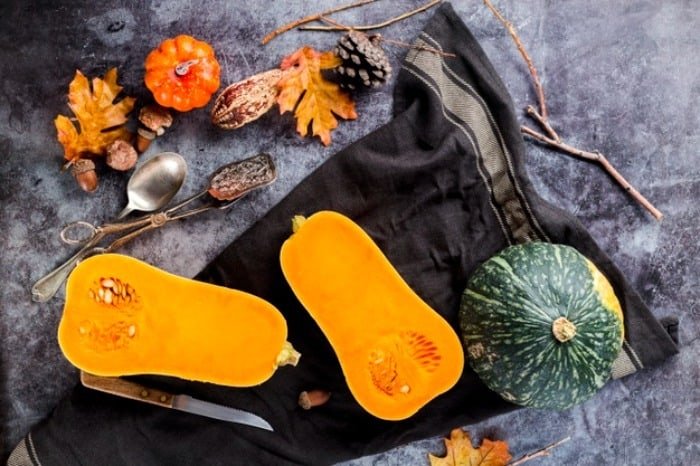
Protecting against prostate cancer with pumpkin
Major side effects of pumpkin and an overconsumption of pumpkin
As we will discuss in this nutrition health section on SelMagz, while pumpkin has remarkable properties, overindulging can lead to serious side effects, including:
1. Overconsumption of pumpkin may lead toweight gain:
2. Overconsuming pumpkin may harm the digestive system:
Regular and balanced consumption of pumpkin is very beneficial for our stomach and helps maintain digestive health. The benefits of pumpkin mainly stem from the presence of nutrients such as vitamins, minerals, antioxidants, fiber, etc. The dietary fiber in pumpkin acts as a natural laxative, improving bowel movements and ensuring waste elimination from the body. However, excessive consumption can causedyspepsiaor improper digestion, stomach pain,heartburn,flatulence,bloating,and more.
3. Hypoglycemic effects:
It should be noted that pumpkin is beneficial for diabetics. These benefits mainly result from the low sugar (carbohydrate) and fiber content. Consuming pumpkin in moderation helps lower the sugar absorption rate in the bloodstream, assisting in managingdiabetes. However, excessive consumption can lead tolow blood sugaror hypoglycemia, which manifests as confusion, severe hunger, and excessive sweating.
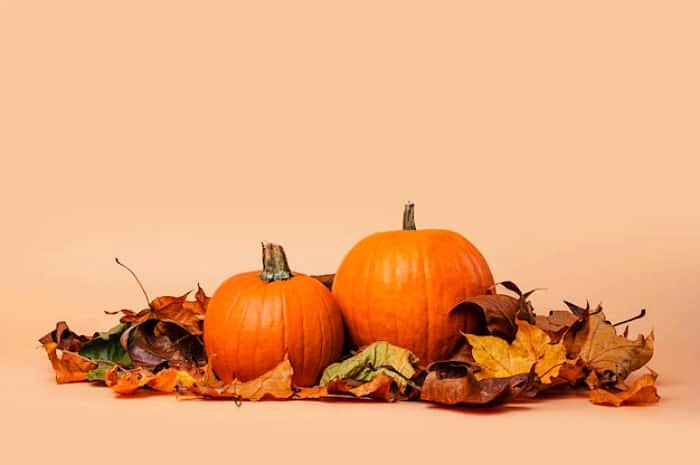
Side effects of overconsumption of pumpkin
4. May cause lowblood pressure:
5. Excessive intake of antioxidants can be harmful:
Pumpkin is a good source of antioxidants such as Vitamin C, Vitamin A, and other antioxidant compounds like phytonutrients, photochemicals, and more that provide various benefits. These antioxidants combat free radicals in our bodies, thus preventing oxidative damage to our cells. In doing so, they not only lower the risk of various cancers, but also increase collagen production, which in turn aid in maintaining the health of bones, nails, teeth, and muscles, and supports the immune system. Excessive antioxidant intake may inhibit cancer cells and could even promote them. For example, overconsumption of Vitamin E (an antioxidant) increases the risk of bleeding, making it unsuitable for pregnant and breastfeeding mothers.
6. Excessive pumpkin consumption is not suitable for pregnant or breastfeeding women:
Pumpkin is a good source of many nutrients such as vitamins, minerals, and antioxidants, making it very beneficial for pregnant and nursing mothers. First of all, if you are taking medication, be sure to discuss with your doctor and ensure that pumpkin intake does not interfere with your medications.

Side effects of excessive pumpkin consumption for pregnant women
7. Overconsumption of pumpkin can lead to allergic reactions:
Moderate pumpkin consumption is good and provides health benefits like maintaining cardiovascular health, regulating blood pressure, controlling blood sugar levels, maintaining digestive health, boosting metabolism, and strengthening the immune system. However, if you are allergic to pumpkin, it is best to avoid it completely, even touching it, as this could trigger allergic reactions such as itching, dermatitis,nasal congestion,respiratory issues,breathlessness,and swelling of the lips and face.
How to select and store pumpkins?
Choosing pumpkins
Pumpkins come in various shapes, sizes, and colors. They can grow up to 100 pounds. However, small pumpkins with tender flesh and fiery color are suitable for consumption. The first step is to check the stem. Press the stem to ensure it is firm and tightly connected. A soft stem indicates the pumpkin is not fresh. Inspect the entire pumpkin for soft spots, and if you find any, move on to the next one.
As for color, it should be uniform. Spots of green indicate that this pumpkin is not a suitable choice and may not be ripe enough. The shape of the pumpkin depends on personal preference. Choose pumpkins that are free of blemishes, bruises, and spots, as these can cause the pumpkin to spoil quickly. Look at the pumpkin from top to bottom. Mold on the pumpkin indicates it is currently rotting and insects may have started feeding on it. The pumpkin should be small and heavy because it has tender, delicious flesh.
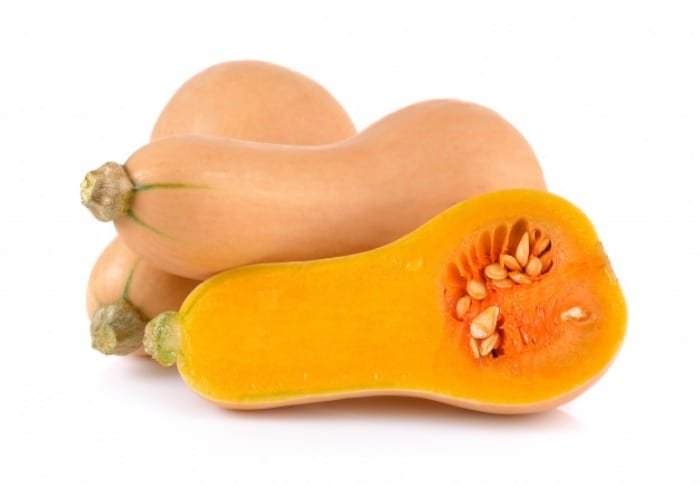
How to choose and store winter squash
Storing and proper care of pumpkins (winter squash):
Pumpkins should be kept in a cool, dark, dry place, preferably an attic or a spare room at a temperature of 45 to 60 degrees Fahrenheit. Pumpkins can last up to a month and can be stored in the refrigerator for up to 3 months.
Cooked pumpkin can be preserved for up to 16 months in frozen or canned form. To extend its shelf life, the skin should be thoroughly washed with a mixture of one tablespoon of bleach with a gallon of water. This helps disinfect the skin and prevents mold and rot from forming. Quick drying is important to avoid mold and spoilage.
If any visible mold appears, clean it with vegetable oil.



